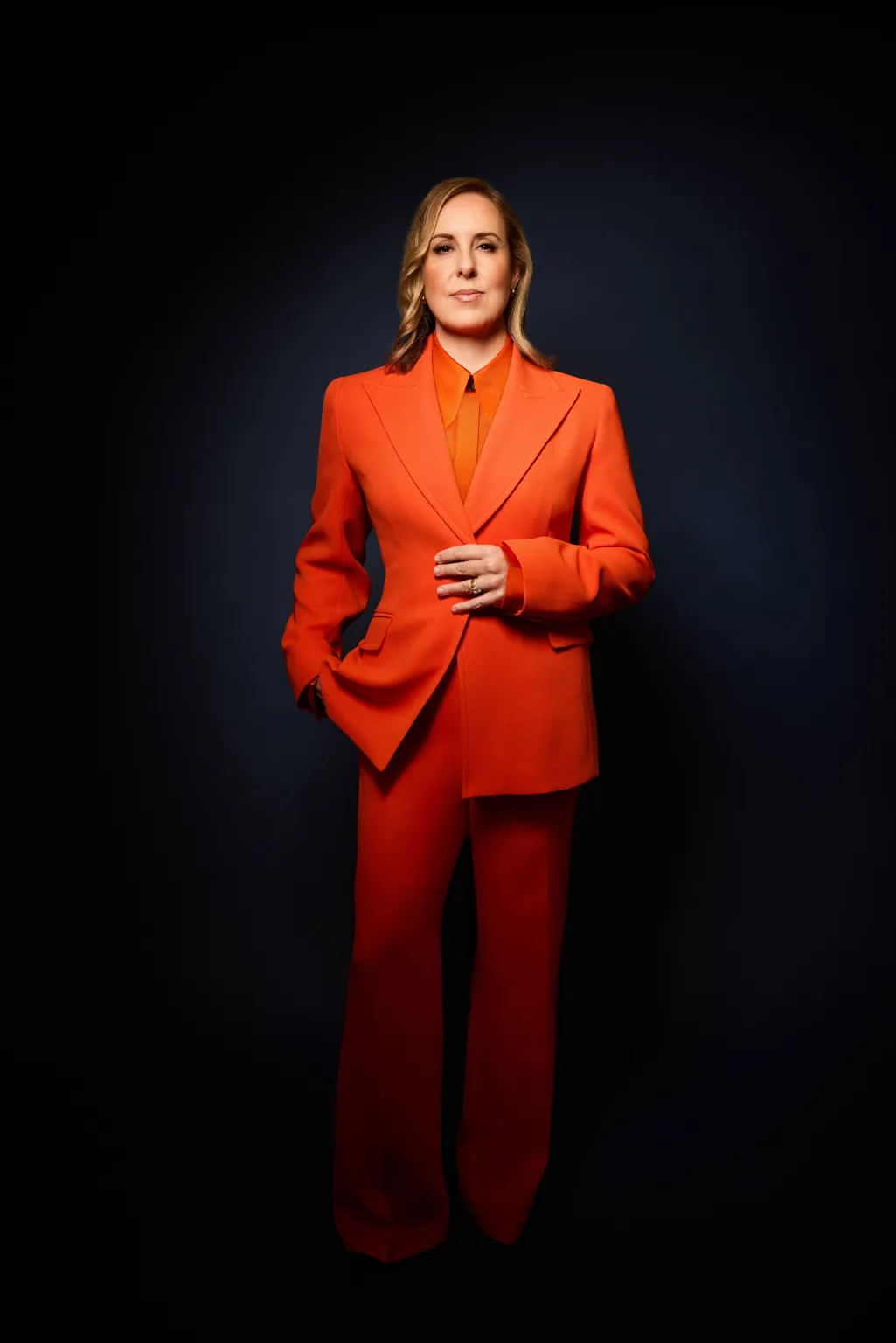When you think of skin cancer screening, tech innovation might not be the first thing that comes to mind. But Michelle Aquilina wants to change that—radically. Since stepping into the role of CEO at MoleMap in 2021, she’s led the company through a bold transformation: expanding a nurse-powered diagnostic network across Australia and New Zealand, She’s also rolled out one of the most advanced AI tools in healthcare.
It’s a mission rooted in urgency. Every six hours, someone in Australia dies from melanoma. The numbers are sobering, but Michelle sees them not as a warning—but as a call to action.
At the heart of MoleMap’s new era is Kāhu AI, a proprietary artificial intelligence algorithm named after the Māori word for “guardian.” The company had shelved the tech for years—until Michelle spotted its life-saving potential. In 2015, MoleMap had created this brilliant algorithm—this golden nugget. But no one was putting it to work.
Today, Kāhu AI is live in New Zealand and gearing up for launch in Australia. With a 95.8% sensitivity rate and 71.5% specificity, the AI stands out. It doesn’t just assist clinicians—it reshapes how early melanoma is caught and treated. “We’re the only health-tech player in the skin cancer sector that’s built a proprietary AI algorithm and operationalised it across the business,” Michelle explains. That statement isn’t just marketing—it’s a marker of how far the company has come in just a few years.
The company’s model is refreshingly human-centric. Rather than relying solely on overburdened dermatologists, MoleMap trains registered nurses—called melanographers—to perform skin imaging in clinics, vans, and sometimes even people’s homes. Nurses upload those images to the cloud, where dermatologists analyze them remotely—often with support from Kāhu AI. They designed the model not just for cities, but for every postcode where the sun shines.

Michelle knows what it takes to build from the ground up. She started her career on the frontlines—literally—working as a receptionist in healthcare before climbing the ranks.
“I have a very strong moral compass where I like to lead with purpose and know that I’m doing something for the greater good”- MoleMap CEO Michelle Aquilina
Her leadership is both strategic and personal. During COVID, she walked into a company lacking direction. She listened to staff, visited clinics, and crafted a purpose-led plan that put people—and patients—first.
The results speak for themselves. Under her leadership, MoleMap’s reach has skyrocketed: triple the number of patients in Australia this year, a 30% expansion in clinical teams, and nearly doubled revenue. In New Zealand, they’re expanding at a compound growth rate of 25% over the past three years. But for Michelle, it’s never just about numbers.
“I believe that access shouldn’t depend on where you live or your income or your ability to take time off to get a skin check”
And that vision is going mobile—and soon, maybe even virtual. MoleMap is working on at-home diagnostic tools that would allow users to snap a photo of a mole and receive a diagnosis remotely. It’s not a sci-fi pitch—it’s in motion now, with governance and clinical oversight already being built into the system.
For Michelle, the role of AI in healthcare is clear: it’s here to support, not replace.“What technology and AI will enable us to do is identify the earliest stages of skin cancer and melanoma, where it is no longer killing people, because when it is caught early, it’s curable 90% of the time” But no machine will ever fully replace the role of a compassionate nurse.
“I love our nurse-led model of care. They’re number one”
As MoleMap scales new heights, Michelle’s message remains grounded: innovate responsibly, lead with purpose, and never lose sight of the humans behind the data. Her blend of ethics, strategy, and unshakeable resolve isn’t just reshaping skin cancer care—it’s offering a new playbook for how tech can power humanity.


